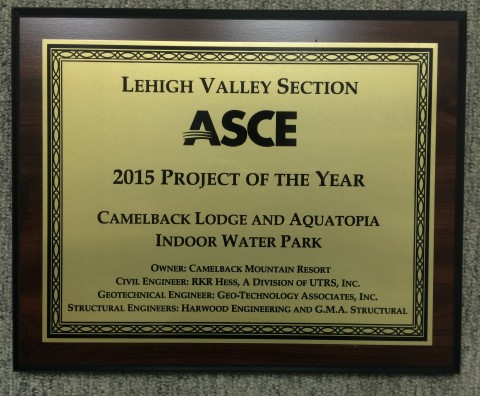
The Delaware River Basin Commission (DRBC) has extended the period for written comment on proposed regulations regarding hydraulic fracturing activities in the Basin from Feb. 28 to March 30, 2018. Two additional public hearings also have been scheduled in February and March.
The commissioners extended the period in response to requests for more public input opportunities and opportunities for government officials to study the proposed regulations. Those interested in commenting are encouraged to review the full text of the draft rules, related materials, and information on the public input procedures on the commission’s website at www.drbc.net.
To supplement the four previously announced public hearings—two on Jan. 23 in Waymart, Pa., and two on Jan. 25 in Philadelphia—the Commission is adding the following two hearings:
- Feb. 22, 2018, 3 p.m. to as late as 7 p.m. at the Lisa Scheller-Wayne Woodman Community Services Center, Lehigh Carbon Community College, 4525 Education Park Dr., Schnecksville, Pa. Register in advance to attend at http://bit.ly/2qI1tBC or register onsite. Persons who have registered to attend by 5 p.m. January 26, 2018, will be contacted by the DRBC prior to the hearing date and provided with an early opportunity to request speaking time. Registrants may also sign up to speak at the hearing and will be heard if time allows. Elected government officials and their staff will have the opportunity to identify themselves when registering.
- March 6, 2018, 1:30 p.m. to 3:30 p.m. The Commission will host a moderated public hearing by telephone. Members of the public are encouraged to listen by calling 1-866-831-8713 and asking the operator to connect them to the DRBC call. Those wishing to address the Commission at this hearing can register for an opportunity to speak at http://bit.ly/2pdqxQ9.
Seating is still available at all four of the public hearings scheduled in January. Those who would like to attend are encouraged to register online through 5 p.m. on the day preceding each hearing. Onsite registration for each hearing will also be available. Those who have not registered in advance should check capacity through the online system before traveling to attend a hearing.
In December 2010, the DRBC drafted and published environmental protection regulations for the watershed that were open for public comment until April 15, 2011. After reviewing these comments, the DRBC then published a revised version on November 8, 2011; however, the special meeting to consider adoption of the revised regulations was postponed until now. The 2011 revised draft rules applied to all “natural gas development projects” regardless of whether or not hydraulic fracturing was planned, and contemplated authorizing water use for not more than 300 natural gas wells under certain circumstances and conditions.
In September 2017, the commissioners directed the Executive Director to prepare and publish for public comment a revised set of draft regulations to include:
- Prohibitions relating to the production of natural gas using horizontal drilling and hydraulic fracturing within the Basin, and specifically prohibiting the use of “high volume hydraulic fracturing” within the Basin.
- Provisions intended to ensure the safe and protective storage, treatment, disposal, and/or discharge within the Basin of wastewater associated with horizontal drilling and hydraulic fracturing for the production of natural gas, where permitted.
- Regulation of the inter-basin transfer of water and wastewater for purposes of natural gas development, where permitted.
A full text of the draft rules, related materials, and information on the public input procedures can be viewed on the Commission’s website here.
The DRBC has not set a timeline for voting on final regulations. Until the Commission approves the regulations, the Pennsylvania Department of Environmental Protection (PADEP) will not issue drilling permits.
Written comments on the draft regulations, which will receive the same consideration as oral comments, will be accepted until 5 p.m. on March 30. Written comments will not be accepted through other methods, such as email, fax, or hand delivery unless an express exception has been granted based on lack of access to the web-based system. Requests for exceptions may be addressed to: Commission Secretary, DRBC, PO Box 7360, West Trenton, NJ 08628.
The DRBC is a regional body with the goal to oversee management of the Delaware River system across state boundaries. It was created in 1961 as an interstate compact in response to a 1954 Supreme Court decision to settle water use disputes among Pennsylvania, Delaware, New York and New Jersey. The DRBC consists of governors from the four states and the Division Engineer of the North Atlantic Division, U.S. Army Corps of Engineers. The DRBC employs a staff of engineers, biologists, geologists, and other specialists.
To learn more about the commission, please visit www.drbc.net or follow DRBC on Twitter at @DRBC1961.



